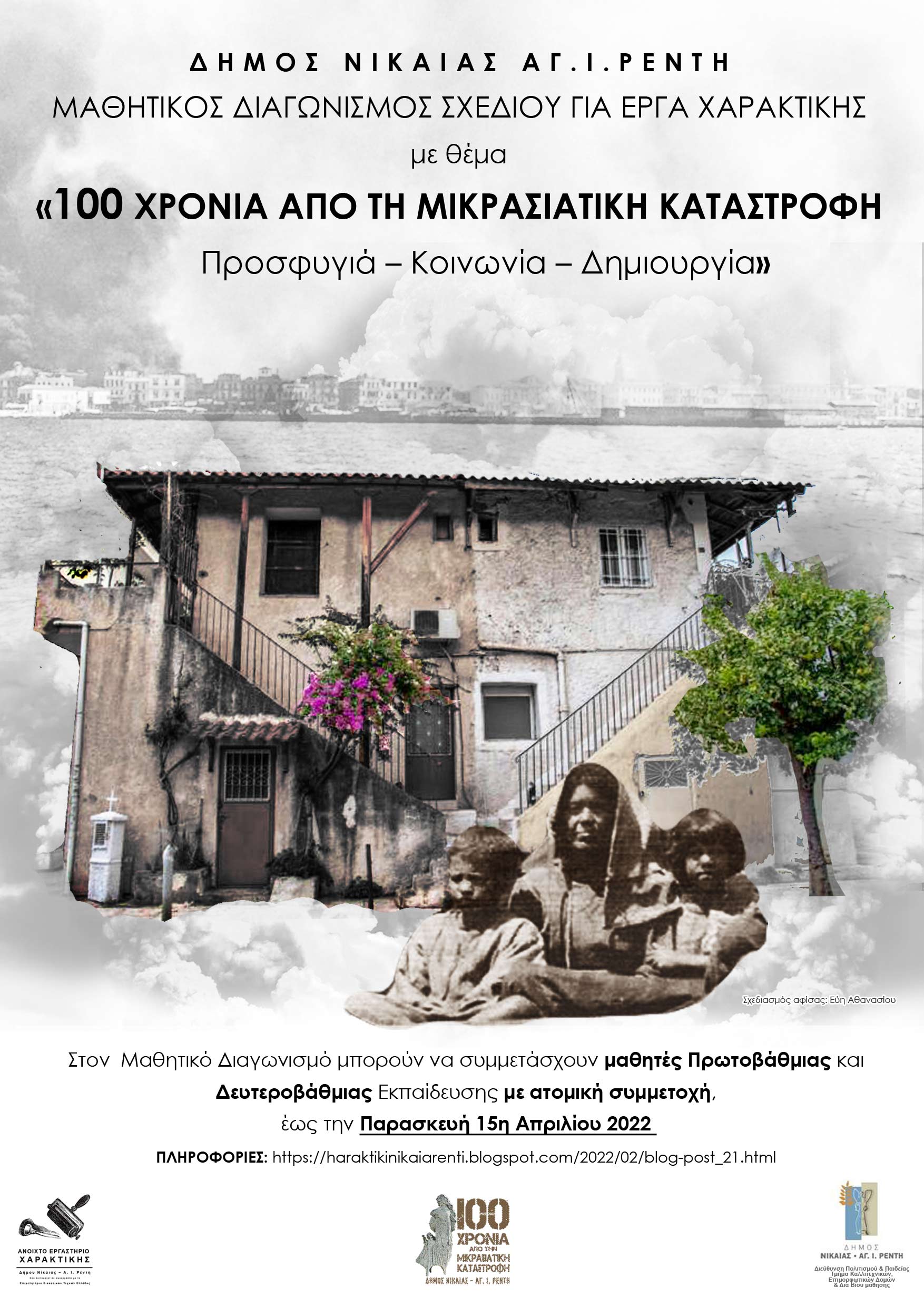
Alpha Bank was present on the first day of the 7th Delphi Economic Forum and specifically in the scientific discussions on the Asia Minor disaster and the creation of the Greek state, with the participation of Mr. Kostas Kostis, Management Consultant of the Bank and Head of its Historical Archive, Professor of Economic and Social History at the Department of Economic Sciences of the University of Athens.
“The similarities between the interwar era and today are striking, as the course of the interwar era seems in many ways to parallel the period that began with the subprime crisis in 2008 and which is still unfolding before us, without of course being able to predict the outcome. The common point that characterizes the two periods is that they constitute two phases of de-globalization in all sectors (economic, political, social and military), which has influenced and continues to influence, among other things, the formation of the Greek state. Kostis, explaining that other common elements between the two time periods are the decline in international economic activities, the reduction of the influence of liberal democracy, increased social inequality and the use of violence on a small or large scale. Referring to the basic context of both these time periods, he noted that it is a multipolar international system in which no one power can impose itself as the leader, causing instability and unpredictability.
“The modern Greek state was formed during the years of the interwar period”
Expressing his scientific opinion that the modern Greek state “as we know it today was formed during the years of the Greek interwar period, i.e. from 1922 onwards“, Kostis noted that “it was formed under the pressure of the Asia Minor disaster and the agonizing efforts of the country’s political elites to upgrade the Greek presence in Southeastern Europe”.
He also referred to a number of individual elements that contribute to the view that “Greece of 1922-23 is much more similar to Greece today than to Greece before the Balkan Wars“, such as the territorial and population size, the systematic exploitation of domestic resources for the economic development of the country, the effort of the Greek state to penetrate the area and society in order to impose its policies, the agrarian reform and the strengthening of the population and the economy, such as through the establishment of the Agricultural Bank of Greece, and the development of the Greek economy. Kostis went on to analyse some of the most important economic and social facts of the 1930s, which, while in an institutional context “formed the conditions for strengthening the democratic dynamic, in terms of social upheavals they created a reverse dynamic”, resulting in the prevalence of the dictatorship of 4 August 1936.
“The Greek state is turning to a different logic and practice immediately after the Asia Minor disaster“, the Head of the Historical Archive of Alpha Bank stressed: “This was a period that was directly affected by the phase of de-globalisation in which the world had entered after the beginning of World War I and which forced the country to reorient its policies and objectives in order to improve its position in the global division of labour and in the international hierarchy of states, which had been downgraded due to the disaster“.
Alpha Bank’s presence at the 7th Delphi Economic Forum will continue throughout the conference with the presence of the Chairman of the Board of Directors Vassilios Rapanos, Group CEO Vassilis Psaltis and Senior Executives, who, among others, will speak on the growth and change of the financial sector in the near future, the opportunities and challenges of TAA, credit expansion, digital transformation and the real estate market.








Leave A Comment